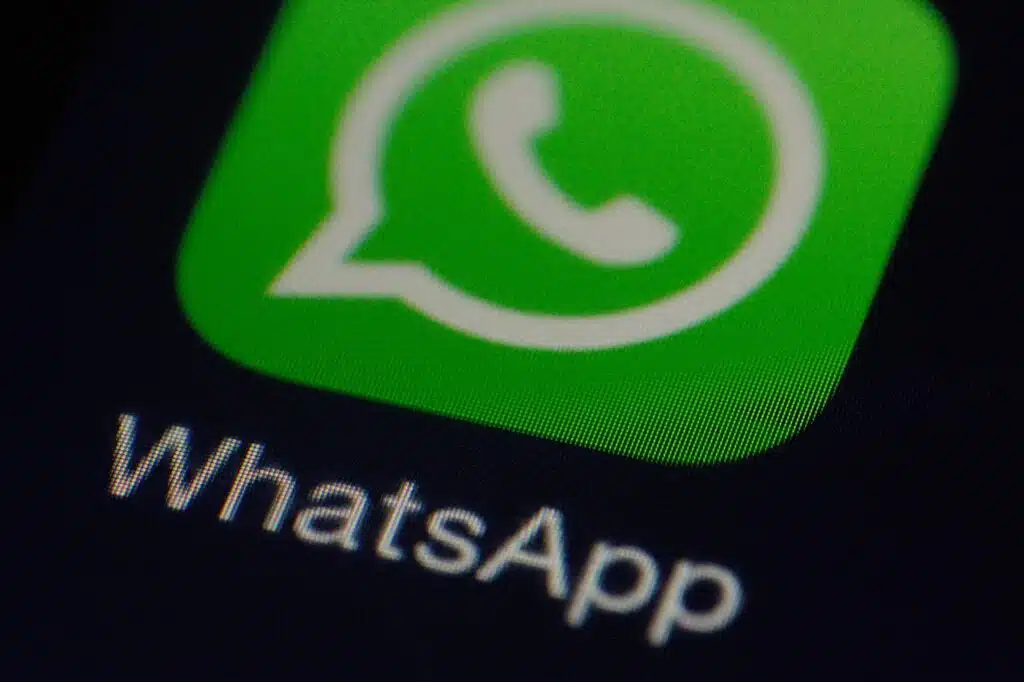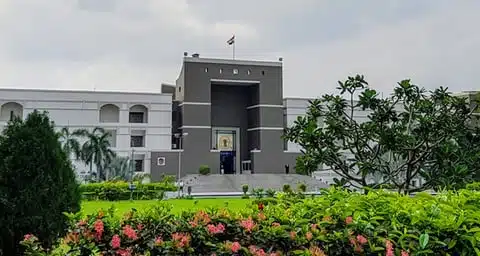The Competition Commission of India (CCI) has fined Meta Platforms ₹213.14 crore for WhatsApp's 2021 privacy policy, which mandated data sharing with Meta's other applications without user consent, violating the Competition Act.

Table of Contents
WhatsApp Under Scrutiny: Privacy Concerns and Alternatives
The parent company of WhatsApp, Meta Platforms, was recently fined ₹213.14 crore (about $25.4 million USD) by the Competition Commission of India (CCI) for abusing its dominant position through the 2021 privacy policy amendment. According to the CCI, the upgrade violated the Competition Act by requiring data exchange with Meta’s other apps, imposing “unfair conditions” on consumers. This “take-it-or-leave-it” strategy undermined user autonomy and created obstacles for competitors entering the online display advertising business by expanding data collecting and sharing without allowing consumers to opt-out.
Penalties Imposed by the Indian Government on WhatsApp
The CCI ordered Meta and WhatsApp to stop exchanging user data for advertising amongst Meta entities for a period of five years, in addition to the ₹213.14 crore punishment. Along with making sure users may choose not to share their data with non-WhatsApp services, the watchdog also mandated that WhatsApp outline the kinds of user data it shared and why. These behavioural treatments aim to improve user choice and address anti-competitive issues.
Benefits and Disadvantages of Using WhatsApp for Indian Users
Benefits:
- Widespread Adoption: With over 400 million users in India, WhatsApp is a widely used communication tool.
- User-Friendly Interface: The application’s user-friendly layout makes it simple for people of different backgrounds to communicate.
- Cost-effective Communication: WhatsApp eliminates the need for traditional SMS and voice call fees by providing free online messaging and calling.
- Multimedia Sharing: Voice messages, documents, movies, and images can all be easily shared by users.
- Group Chats: The platform facilitates group discussions, enabling friends, family, and coworkers to communicate effectively.
Disadvantages:
- Privacy Concerns: User privacy concerns were sparked by the 2021 privacy policy amendment, which generated concerns about data sharing with Meta.
- Spread of Misinformation: WhatsApp has been criticized for enabling the quick spread of false information, which affects public safety and opinion.
- Security flaws: Even with end-to-end encryption, the platform’s security has been questioned in light of spyware attacks like the Pegasus scandal.
Technical Flaws of WhatsApp
- Limited Cloud Backup Encryption: Although chats are encrypted from beginning to end, backups kept on cloud services could not be as secure, which could be a security issue.
- Collection of Metadata: WhatsApp gathers metadata, such as details about user activities, which can be examined to deduce user behaviour.
- Platform Dependency: In places with inadequate connectivity, the app’s requirement for a steady internet connection may be a drawback.
- Problems with Device Compatibility: Some users may be unable to access the most recent versions of WhatsApp on outdated devices.
Is WhatsApp Private Enough?
Because WhatsApp uses end-to-end encryption, messages can only be viewed by the sender and the recipient. However, the 2021 privacy policy modification raised user privacy concerns, requiring data sharing with Meta. The gathering of user data and metadata for advertising purposes has sparked discussions on the sufficiency of WhatsApp’s privacy policies, despite the company’s clarification that private chats will stay private.
Recommended Actions Against WhatsApp and Related Social Applications
- Regulatory Oversight: To guarantee that social media companies follow privacy and data protection rules, authorities should impose strict controls.
- Transparency Requirements: Platforms must allow users to opt out of data sharing and clearly disclose their data collection methods.
- User Education: Efforts to enlighten users about privacy settings and the consequences of sharing data might enable people to make wise choices.
- Penalties for Non-Compliance: Companies that break privacy standards may be subject to fines and punishments, which can deter future malpractice.
Alternatives to WhatsApp
For users seeking alternatives with a focus on privacy and security, the following platforms are noteworthy:
- Signal: Signal is a popular option for people concerned about their privacy because of its strong encryption and low data collecting.
- Telegram: Telegram offers more privacy options with features like private chats and self-destructing communications.
- Threema is a premium service that prioritizes security. It doesn’t require a phone number to register and only keeps a small amount of customer data.
- End-to-end encryption is provided via the open-source platform Wire, which complies with European data protection regulations.
In conclusion, users have been forced to reconsider their options due to recent governmental moves and privacy concerns, even if WhatsApp is still India’s most popular communication app. Other messaging apps that prioritize user security and privacy can offer good alternatives for individuals looking for better data protection.
Frequently Asked Questions (FAQ)
1. What penalty did the Indian government impose on WhatsApp?
The Competition Commission of India fined Meta Platforms ₹213.14 crore (approximately $25.4 million USD) for WhatsApp’s 2021 privacy policy, which mandated data sharing with Meta’s other applications without user consent.
2. What are the benefits of using WhatsApp for Indian users?
WhatsApp offers widespread adoption, a user-friendly interface, cost-effective communication, multimedia sharing capabilities, and support for group chats, making it a convenient platform for various communication needs.
3. What are the disadvantages of using WhatsApp?
Disadvantages include privacy concerns due to data-sharing policies, the rapid spread of misinformation, and potential security vulnerabilities despite end-to-end encryption.
4. What technical flaws does WhatsApp have?
Technical flaws include limited encryption for cloud backups, extensive metadata collection, dependency on stable internet connections, and compatibility issues with older devices.
5. Is WhatsApp private enough?
While WhatsApp employs end-to-end encryption for messages, its data-sharing practices with Meta and metadata collection have raised concerns about the adequacy of its privacy measures.
6. What actions should be taken against WhatsApp regarding privacy concerns?
Recommended actions include enforcing stricter regulations, mandating transparency in data collection practices, educating users about privacy settings, and imposing penalties for non-compliance to protect user privacy.
7. What are some alternatives to WhatsApp?
Alternatives focusing on privacy and security include Signal, Telegram, Threema, and Wire, each offering features like robust encryption and minimal data collection.
For more detailed information, refer to the full article above.
AGREEMENT BETWEEN MANUFACTURER AND COMMISSION AGENT
You’ll find meticulously crafted agreements covering business, employment, real estate, and intellectual property here. Each agreement is available for download…
This Reply Can End Your Marriage
This Reply Can End Your Marriage, Art of Reply On Divorce Petition On The Behalf of WifeIntroduction:Understanding the Divorce Petition:Drafting…
Supreme Court Censures Uttarakhand CM Over Rajaji Tiger Reserve Appointment
Supreme Court Censures Uttarakhand CM Over Rajaji Tiger Reserve Appointment Supreme Court Censures Uttarakhand CM Over Rajaji Tiger Reserve Appointment…
Gujarat High Court Criticizes State for Delayed Appeal Filing After 5 Years
Gujarat High Court Criticizes State for Delayed Appeal Filing After 5 Years Gujarat High Court Criticizes State for Delayed Appeal…






